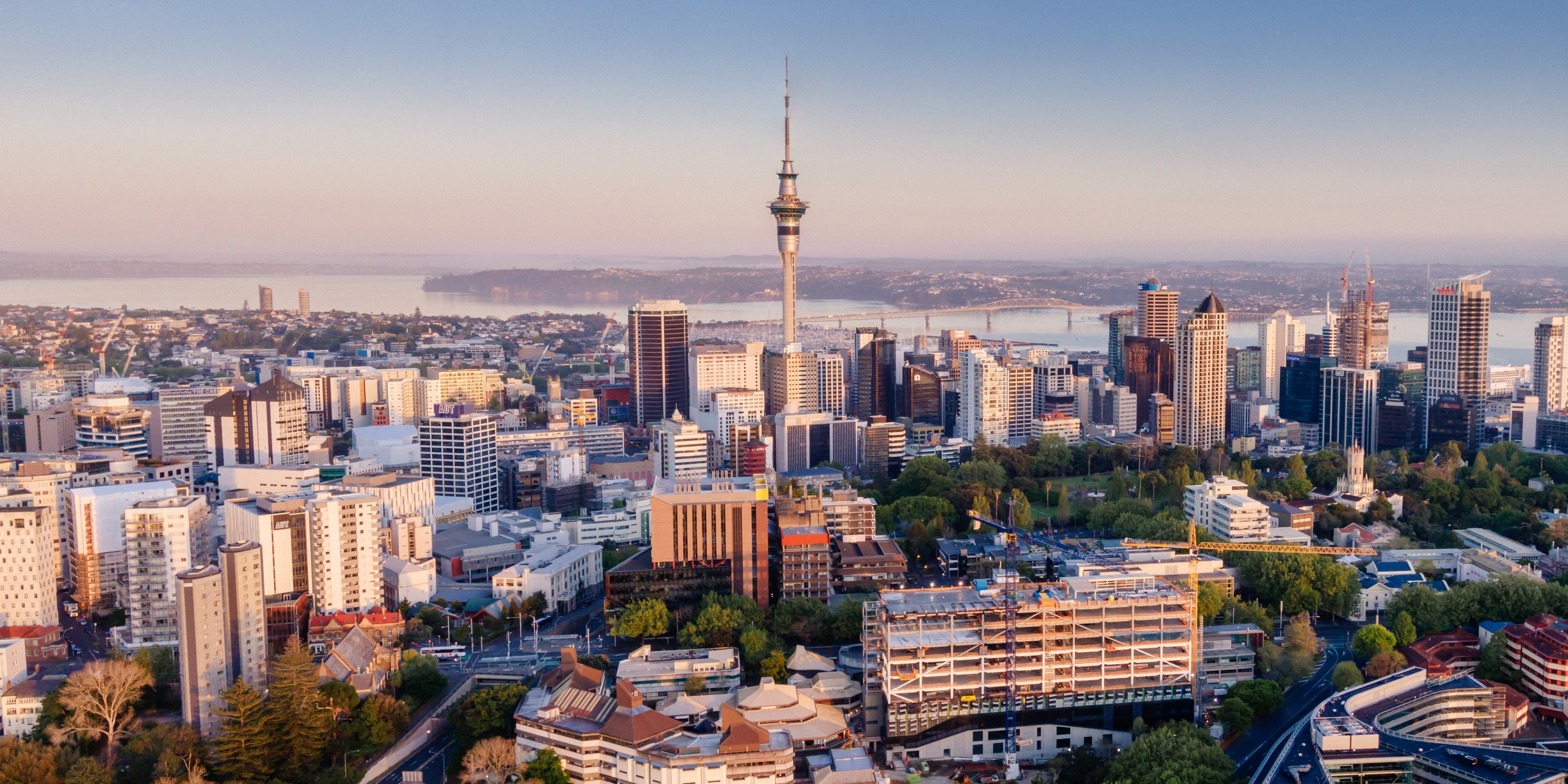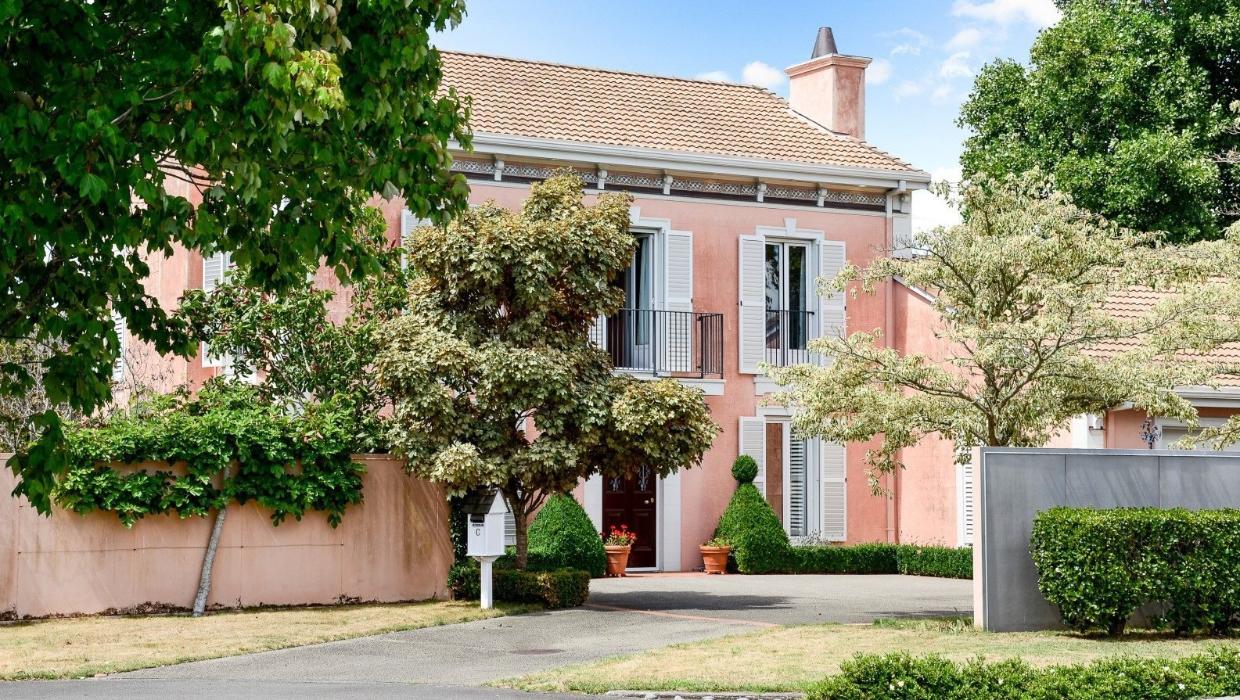Feature article
Factors affecting the New Zealand property market recovery
Several factors affect how New Zealand's property market might recover
Spring 2020 could be the real test
Mr Davidson believes the spring selling season could be when the true market becomes evident. At this time, mortgage deferrals will be coming to an end and homeowners who might have lost income may have to answer some harsh financial questions.
“That could be when we see phase 2, and a rise in listings will put some of the pressure on what the true strength of demand is. These listings may come from mortgaged investors who have come into the market relatively recently, mum and dad investors, and have not built up much equity in these homes. They may have lost a tenant, or be relying on Airbnb international tenants which are not as plentiful,” he says.
The initial flurry of activity may then give way to a quieter market which may have price implications.
CoreLogic is forecasting that sales over 2020 could be down 15% to 20% on 2019. The property economist thinks prices may dip by something like 5%, nothing like the 10 to 15% being talked about by some of the country’s economists.
Ray White agent, Steve Koerber, is not fazed by predictions of sales drops in the coming months. In his market of Remuera, the median price can vary by 20 percent month by month.
“If the market is 10% down, then that’s a great opportunity to buy, that’s when you buy,” he says. He is currently busy talking to active buyers who were missing out on properties in the run up to the lockdown in March.
“They are ready to go and they want to buy a house,” he says.
Mr Koerber was heartened by the sale of a property last week that had sat on the market for almost two years. It had needed a price change and the owner, thanks to the pandemic, had finally got themselves into a “headspace” of amending the price because of what was going on in the world. It still sold at a good market rate, says the agent.
Meanwhile in the first home buyer part of the market, one of the positives to come out of the lockdown is that millennials will realise how much money they can actually save when they are not eating out and travelling all the time, says Mr Alexander.
He sees there being opportunities for first home buyers in new developments in the coming months. With the lifting of LVRs, there will be less incentive for investors to buy new – they have not needed to find a 30% deposit when buying new under current LVR guidelines which has made new developments more attractive to them – and this will make it a bit harder for property developers to sell their units.
Don’t forget it’s an election year
And to home buyers who are feeling in the doldrums and low in confidence about employment and the economy, Mr Alexander says don’t forget that it is an election year and the Government will be spending more in the coming months to try to get confidence up and the economy kickstarted.
“The Government will throw the kitchen sink and the bench it’s attached to,” he says.
Once the election has been held in September, the real estate market in October and November will be very hot, predicts Ray White’s Steve Koerber. He is also bracing for a “boomer of a month” in May thanks to the pent up demand he sees in the current market.
Banks will be backing the real estate market
The good news is banks are and will be playing their part to help support homeowners and business owners – they are in a much stronger position than they were around the GFC, said Mr Davidson.
“I certainly hear banks are standing by customers deferrals – it’s in nobody’s interest to call in loans. I think anecdotally banks are being positive players.”
The Reserve Bank of New Zealand has been extremely active in the last few weeks, its latest move to lift loan to value (LVR) restrictions aimed at supporting homeowners and small business owners. Since 2013, banks have only been able to lend 80% of the property value. Traditionally, buyers have had to find 20%, and investors have had to find a 30% deposit.
While a lack of LVR would help some, investors and first home buyers especially, he says banks would continue to be pretty cautious on their lending policies.
Housing affordability plays a part in the recovery equation
In an interesting comparison, the CoreLogic economist said in the run up to the GFC in 2007 to 2009, 80% of new homeowners’ mortgage payments were taking up half their income compared with the current norm of about 30%.
“It’s still a big chunk but housing is less expensive than it was prior to the GFC.”
There may well be some regional differences in the real estate market with those regions which showed resilience during the pandemic performing well – places like Napier, Invercargill, Gisborne. Towns like Queenstown, so beholden to the tourism market, have been much more vulnerable and will be affected more.
The country’s largest cities, Auckland, Christchurch and Wellington, are likely to recover with some good resilience, predicts Mr Davidson. All have relatively diverse economies especially Auckland, while Wellington is always a bit immune from economic recession as the seat of government.
Read more about the road to recovery for New Zealand's property market.
From your first home to your forever home, Trade Me Property, NZ's #1 property site is where to start your search.
Search now







